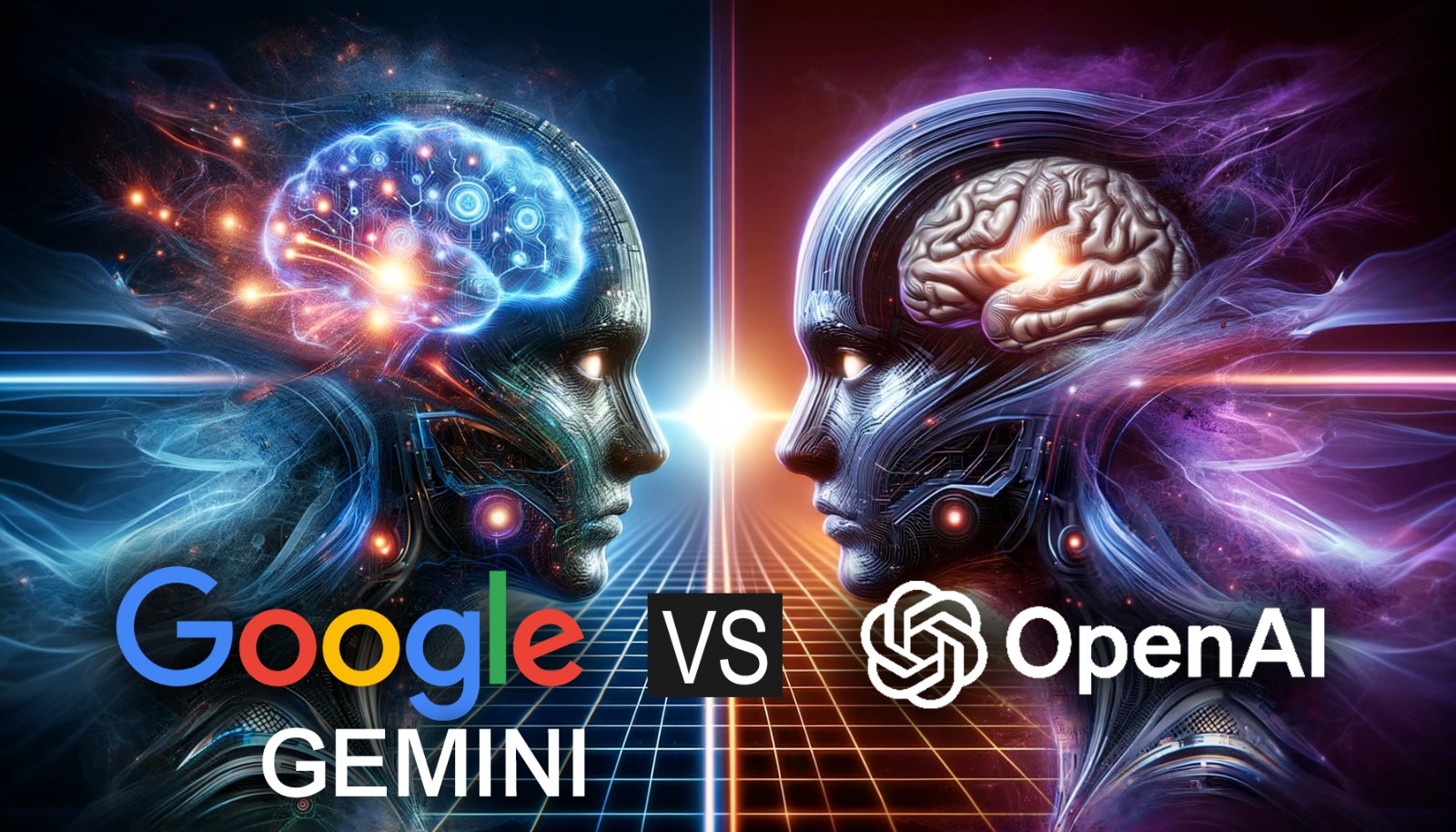
In a significant move, Google has introduced its latest artificial intelligence model, Gemini, marking it as the company's largest and most capable AI model to date. The unveiling comes amidst growing anticipation regarding how Google plans to capitalize on its advancements in AI technology.
Gemini comprises three distinct sizes, namely Gemini Ultra - the largest and most capable category, Gemini Pro -versatile across various tasks, and Gemini Nano - specifically designed for certain tasks and mobile devices. The plan is to license Gemini to customers through Google Cloud, allowing them to integrate it into their applications. Starting December 13, developers and enterprise clients can access Gemini Pro via the Gemini API in Google AI Studio or Google Cloud Vertex AI, while Android developers will have the opportunity to utilize Gemini Nano. Additionally, Gemini will power Google products like the Bard chatbot and Search Generative Experience.
The potential applications of Gemini are diverse. Companies and enterprises can leverage it for advanced customer service engagement through chatbots, personalized product recommendations, and trend identification for targeted advertising. Gemini also holds promise for content creation, aiding in the development of marketing campaigns, blog content, and productivity apps that can summarize meetings or generate code for developers.
Google showcased Gemini's capabilities, such as analyzing complex data, updating charts based on research, and even evaluating a photo of a person's math homework to identify correct and incorrect answers. Gemini Ultra stands out as the first model to surpass human experts in Massive Multitask Language Understanding (MMLU), demonstrating proficiency across 57 subjects, including math, physics, history, law, medicine, and ethics.
CEO Sundar Pichai highlighted Gemini's multimodal capabilities, emphasizing its ability to understand and seamlessly operate across different types of information, including text, code, audio, image, and video. The launch also brings an update to Google's chatbot Bard, with Bard Advanced set to launch early next year, utilizing Gemini Ultra for enhanced reasoning and planning.
The delayed launch of Gemini sparked questions, with Google citing the need for extensive testing of advanced models. Despite being the largest, Gemini Ultra is reportedly more cost-effective to serve, showcasing improved efficiency in training such models.
While Google executives were hesitant to provide details on how Gemini compares to OpenAI's GPT-4, they did reveal that Gemini Ultra outperformed GPT-4 in certain benchmarks, according to a white paper released by Google.
Addressing concerns about monetization, Google's general manager for Bard, Sissie Hsiao, emphasized the focus on creating a positive user experience and did not provide specific details on charging for access to Bard Advanced.
Gemini's capabilities extend beyond language models, as it demonstrates efficiency and cost-effectiveness. Google also introduced its next-generation tensor processing unit, TPU v5p, for training AI models, competing with cloud rivals Amazon and Microsoft.
As Google seeks to turn AI advancements into profits, the company's experiments, such as Search Generative Experience -SGE, hold promise. However, details about the timeline for SGE's public launch remain vague, with executives indicating that Gemini would be integrated into SGE in the coming year.
In a blog post, Sundar Pichai expressed excitement about the future possibilities unlocked by Gemini, characterizing it as one of the most significant science and engineering efforts undertaken by the company. The unveiling of Gemini underscores Google's commitment to pushing the boundaries of AI and its potential impact on diverse industries.
Source: CNBC